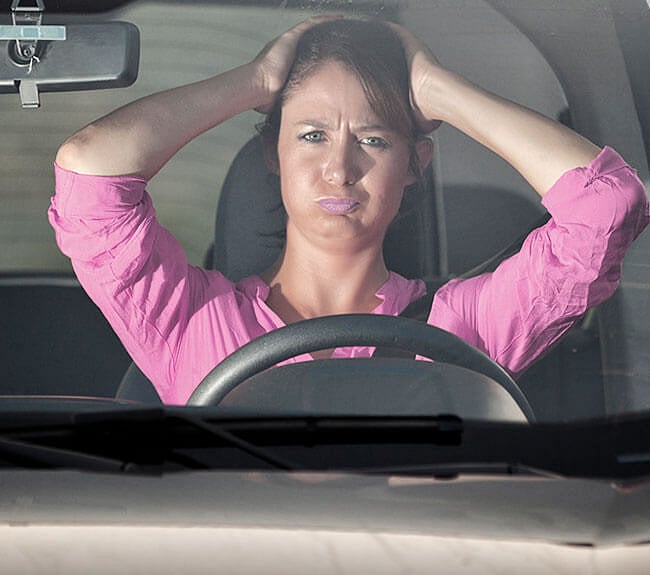New Customer Sales: 0861 33 93 39 | Existing Customer Sales, Services & Claims: 0861 33 93 39 | 24 Hour Emergency Assistance: 0860 10 42 12

Insurance
A collection of our articles, videos, interviews and infographics
... Insurance
Latest posts

We Have Great
Insurance Products
At 1st for Women we know that each
woman is an individual who has
different needs.
Featured Content
Featured Products

Car Insurance Quotes
Because every woman is different, tank stop you from getting where Car Insurance depending on your needs.

Life Insurance Quotes
Let us help you put your family first when it’s challenging to do it yourself.

Business Insurance Quotes
Because no business is without risk, you need business insurance from a business partner who understands your requirements.










